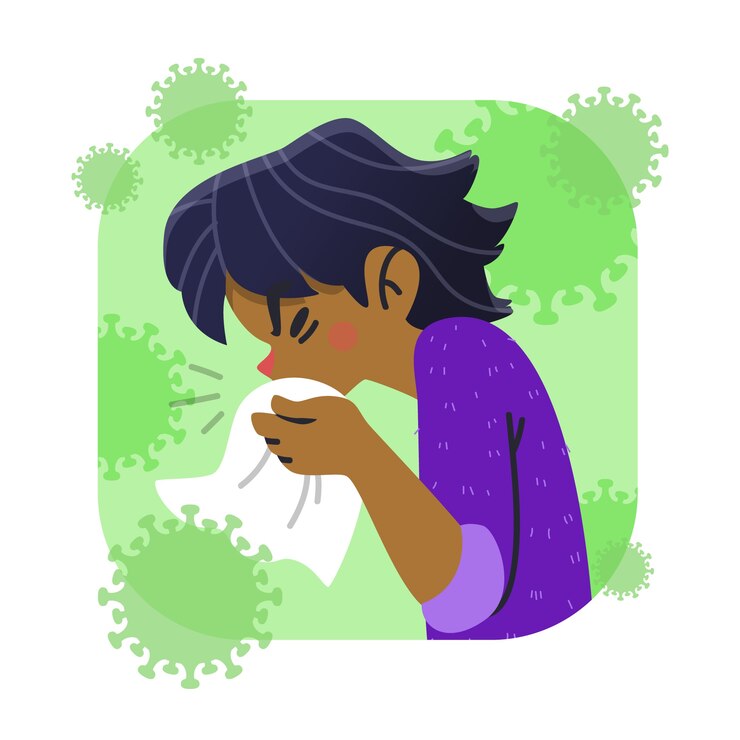
Complications of Oral Thrush in Immunocompromised Individuals: Special Considerations
For immunocompromised individuals, such as those living with HIV/AIDS, undergoing chemotherapy, or receiving immunosuppressive therapy, oral thrush can pose significant challenges. In this blog, we’ll explore the complications of oral thrush in immunocompromised individuals and discuss special considerations for managing this condition effectively.
Understanding Oral Thrush in Immunocompromised Individuals
Oral thrush, a fungal infection caused by Candida yeast, can be particularly problematic for individuals with compromised immune systems. Immunocompromised individuals have a reduced ability to fight off infections, allowing opportunistic pathogens like Candida to flourish and cause complications.
Complications of Oral Thrush in Immunocompromised Individuals
- Esophageal Candidiasis: In severe cases, oral thrush can progress to esophageal candidiasis, where the infection spreads to the esophagus. Esophageal candidiasis can cause difficulty swallowing, chest pain, and potentially life-threatening complications such as esophageal strictures or perforation.
online pharmacy buy flagyl with best prices today in the USA
- Systemic Candidiasis: In immunocompromised individuals, Candida yeast can enter the bloodstream and spread to other organs, leading to systemic candidiasis. This can result in serious health complications, including sepsis, endocarditis, meningitis, or organ failure.
- Chronic or Recurrent Infections: Immunocompromised individuals are more susceptible to chronic or recurrent oral thrush infections, which can be challenging to manage and may require long-term antifungal therapy.
- Reduced Quality of Life: Oral thrush can cause discomfort, pain, and difficulty eating or swallowing, leading to a reduced quality of life for immunocompromised individuals already dealing with the challenges of their underlying health conditions.
Special Considerations for Managing Oral Thrush in Immunocompromised Individuals
- Close Monitoring: Immunocompromised individuals should receive regular monitoring for signs of oral thrush and other opportunistic infections. Close collaboration between healthcare providers is essential for timely diagnosis and management.
- Aggressive Treatment: Oral thrush in immunocompromised individuals may require more aggressive treatment approaches, such as higher doses of antifungal medications or longer treatment durations. Combination therapy or alternative antifungal agents may also be considered.
- Immune Support: Supporting immune function is crucial for preventing and managing oral thrush in immunocompromised individuals. This may include optimizing underlying health conditions, providing nutritional support, and, in some cases, administering immune-boosting medications.
- Patient Education: Immunocompromised individuals should receive thorough education on the signs and symptoms of oral thrush, as well as preventive measures they can take to reduce their risk, such as maintaining good oral hygiene and avoiding known triggers.
Conclusion
Oral thrush can have serious implications for immunocompromised individuals, necessitating special considerations for management and treatment. By understanding the complications associated with oral thrush in this population and implementing tailored interventions, healthcare providers can help improve outcomes and quality of life for these vulnerable individuals.
To seek medical advice, always consult a Doctor. Here are our recommended EXPERTS. Click here
To read more on ORAL CANCER. Click Here


